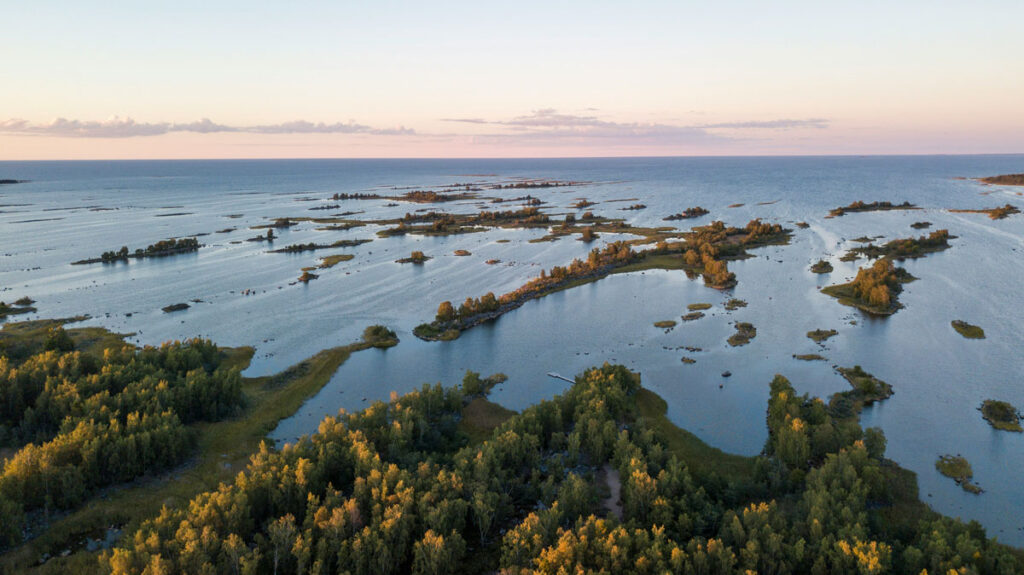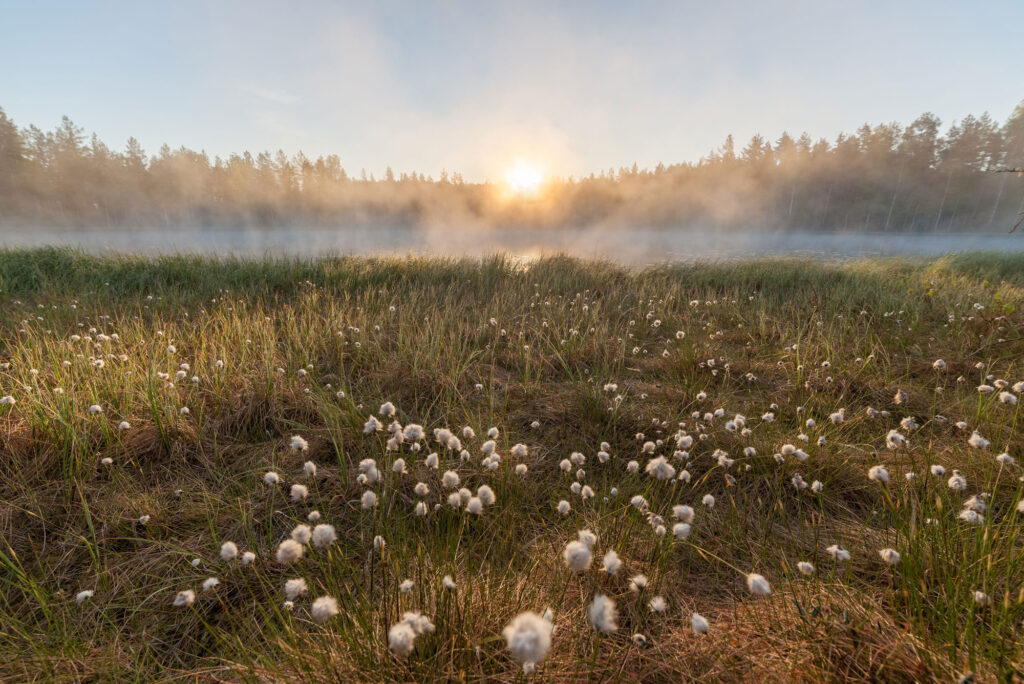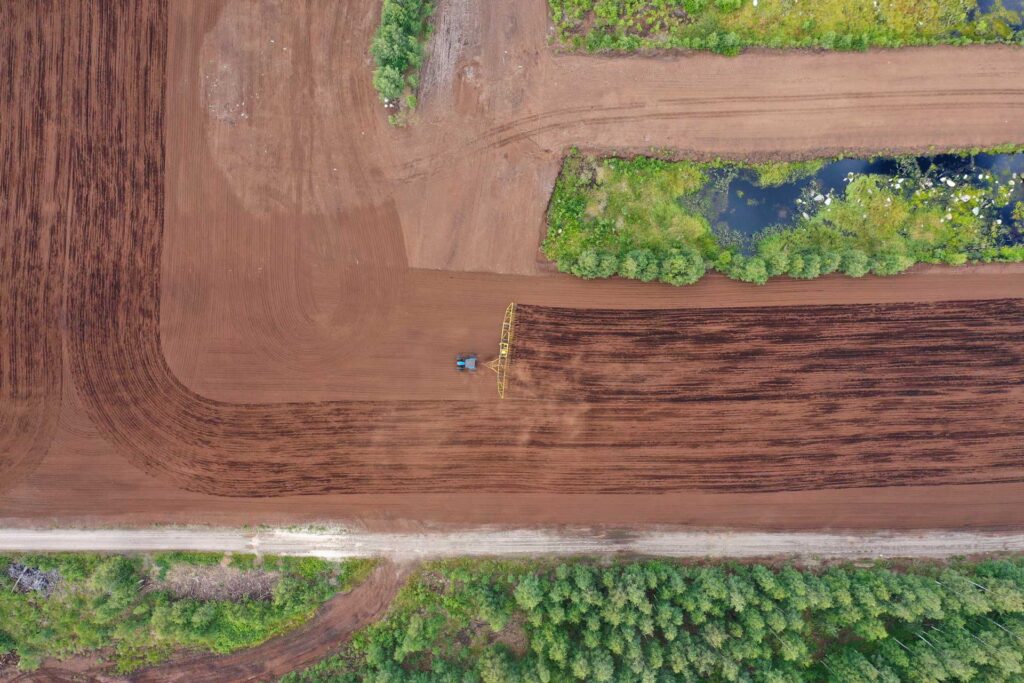An open letter from the speakers and participants of the conference “CAP 2020. Towards sustainable agriculture”
–
(4.9.2017) Viron EU-puheenjohtajuuteen liittyneen maatalouskonferenssin osallistujien julkilausuma.
An open letter from the speakers and participants of the conference “CAP 2020. Towards sustainable agriculture”
4th of September, 2017
Addressees: Agriculture and Fisheries Council of the European Union
Agriculture and Rural Development Committee of the European Parliament
European Commission
A conference dedicated to the future of European agriculture “CAP 2020. Towards sustainable agriculture” was held in Estonia on 1st and 2nd of September. The undersigned speakers and participants of the conference are hereby addressing the following message to the informal meeting of the Agriculture and Fisheries Council, that takes place in Tallinn from 3rd to 5th of September, and to the other decision-making bodies of EU.
It is impossible to overemphasise the importance of European agriculture – it is feeding all of us. It is however also impossible to deny the environmental footprint of agriculture, from pesticide residues in environment and food to excess nitrate in drinking water and overgrowing water-bodies – including the dead bottoms and algal blooms affecting Baltic Sea. If we proceed in the same way it will neither be possible to achieve the environmental goals agreed long-ago nor to decisively diminish the obvious risks to public health. In addition, we must not forget the role of agriculture in conserving European biodiversity, especially the importance of high nature value agriculture.
The Common Agricultural Policy (CAP) takes up about 40% of the EU budget and has a strong impact on agriculture and its environmental footprint. The main element of the CAP spending is the Pillar I direct payments. The European Court of Auditors has noted that this instrument lacks a clearly stated goal. The payment level per hectare differs significantly within and between the Member States, and the countries with higher payment levels tend to show worse performance measured by agri-environmental indicators like nitrogen balance, ammonia and GHG emissions, and pesticide use. “Greening” direct payments has not produced clear results this far. At the same time the second Pillar of the CAP that is used to finance the rural development, including agri-environmental payments, is still not financed sufficiently.
The CAP needs, therefore, a thorough change: abolishing the environmentally harmful subsidies and paying public money only for public goods. We need a policy that is fair to farmers and all rural dwellers, is environmentally sustainable, promotes the production of healthy food and is globally responsible. Pillar I in its present form has obviously become obsolete. The system of entitlements and national envelopes based on historic reference needs to be abolished. It needs to be replaced with the support that would help to maintain agriculture providing public goods in areas where the production is more expensive due to natural constraints. We need a system that will stop the concentration of agricultural production and land grabbing in Europe. In order to protect multifunctional production based on family farms, we need to establish progressive support for the first hectares in favour of small farms and cap the support at significantly lower levels than today. We need a policy that supports young farmers and facilitate generational change in family farms. The present system that spends money on direct payments that increase inequality between the farmers, are environmentally harmful and do not have a clear goal must be replaced with a system of programmed and targeted schemes, where farmers are paid reasonable and fair support for the provision of clearly described public goods.
Such public goods include agricultural biodiversity. Conserving this implies securing the development of the high nature value farming that supports conservation and restoration of semi-natural communities, traditional mosaic landscapes and the habitats of many species. This, in turn, implies respect for local traditions of extensive agriculture, especially pastoralism, but also being open to appropriate innovation. Differences between agricultural high nature value landscapes in different parts of Europe must be taken into account. Where intensive agriculture has destroyed the landscape elements these need to be restored to provide habitats for pollinators and the natural enemies of pests. The CAP of today has not done so on sufficient scale and there is a clear need for change.
Agricultural biodiversity is not limited to high nature value agriculture. Genetic resources need much better protection than at present: traditional European agricultural plant varieties and farm animal breeds are constituting our common heritage that is necessary for genuine food security. The agricultural policy must support the protection and sustainable use of genetic diversity.
One way to produce food sustainably is organic agriculture. It incorporates the principles of the circular economy and protects the biodiversity of pollinators and soil biota. The observed trend in growth of organic production is welcome but not quick enough. The transition to organic and other agro-ecological systems must be speeded up. This would help to protect the pollinators necessary for agriculture, and decrease pressures on aquatic environment and soils. The future CAP must secure the competitiveness of European organic farming.
The future CAP must support a transition to healthy, transparent and informed food consumption.
In order to achieve genuine food security, we need to decrease reliance on external inputs like mineral fertilisers, imported fodder and pesticides. All measures that would serve this goal need to be promoted, including – in addition to those listed above – practices like crop rotation, precision farming, nutrient balances, better handling of manure and cover crops.
Coordination between the CAP and other policy areas like environmental protection and developmental cooperation must be secured. This implies among other things the involvement of environmental authorities in CAP measures design and implementation.
The CAP must change to enable agriculture to truly become part of the solution to the challenges of 21st century. Let us make the decisions that look into future.
Sincerely,
Aleksei Lotman (Expert on agriculture and environment, Estonian Fund for Nature)
Ottilia Thoreson (Programme Director, WWF Baltic Ecoregion Programme)
Sönke Beckmann (Senior Policy Manager for CAP post-2020, Landcare Germany)
Jabier Ruiz (Senior Policy Officer, WWF EPO)
Kaul Nurm (Member of the Council, Estonian Farmers Federation)
Inés Jordana (Senior Agriculture and Food Policy Officer, Spanish Ornithological Society/Birdlife)
Lennart Gladh (Senior Baltic Specialist Advisor, Gladh et Plana)
Gwyn Jones (Chief Executive, European Forum of Nature Conservation and Pastoralism)
Mikhail Durkin (Executive Secretary, Coalition Clean Baltic)
Henriette Christiansen (Senior Policy Advisor, Pesticide Action Network Europe)
Juhan Särgava (Saidafarm LLC)
Gun Rudquist (Stockholm University Baltic Sea Center)
Anu Suno (WWF Baltic Ecoregion Programme)
Tarmo Klettenberg (Good Cooperation SLA)
Elen Peetsmann (Research Centre of Organic Farming of Estonian University of Life Sciences)
Jaan Kiider (Riido Ökotalu LLC)
Cees Witkamp (Birdlife, Netherlands)
Anna Eriksson-Gladh (Gladh et Plana)
Elina Kolate (WWF Latvia)
Angelika Lischka (Nature And Biodiversity Conservation Union, Germany)
Dietrich Schulz (the member of HELCOM Group on sustainable agricultural practices)
Olga Senova (Friends of the Baltic)
Anna Sosnowska (WWF Poland)
Aili Saluveer (Estonian Fund for Nature)
Anna Kazina (Friends of the Baltic)
Staffan Lund (Swedish farmer)
Andres Kalamees (Estonian Ornithological Society)
Kairi Roostalu (Estonian Fund for Nature)
Tapani Veistola (Finnish Association for Nature Conservation)
Merit Mikk (Estonian Organic Farming Platform)
Aldo Vaan (Estonian Beef Breeders Association)
Airi Vetemaa (Estonian Organic Farming Foundation)


